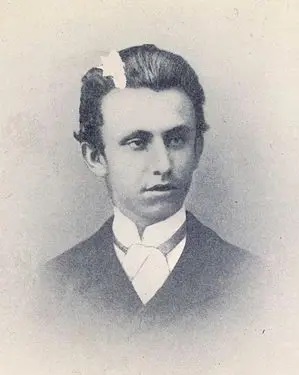View entry
Name: RABINEK, Gustav Maria

Nee: 'Radnik'
Death Date: 1.9.1901 Stanley Pool, Congo
Nationality: Austrian
First Date: 1894
Last Date: 1894
Profession: International Freeland Association -
Area: Lamu
Book Reference: North
General Information:
Rabinek was especially loyal to Wilhelm and so was placed in charge of the Pioneer Expedition, the one and only trip up the Tana that was undertaken by the British faction of the Freelanders. British officials, suspicious of his fraternity with the native peoples, dug up an eight-year old Baccarat debt Rabinek incurred in Poland, and coerced Wilhelm into recalling him on the pretense of “poor character.” Rabinek read the letter demanding his return and later told Scavenius he’d been betrayed, by a man he’d thought a friend.
After his expulsion from the Freelanders, Rabinek made a name for himself as a rubber and ivory merchant in Tanzania, where, at least by colonizers’ accounts, he was fair in his dealings with native peoples. Unfortunately, he attempted to expand into Belgian King Leopold’s tyrannical colony in the modern Democratic Republic of the Congo, what Leopold called the “Congo Free State,” where millions were subject to murder, torture, and mutilation. Despite having applied for and received a rubber export license from the Congo State, Rabinek was arrested and convicted on false charges of gun-running. In detention he wrote home: “Rumors have it that Europeans who have been taken [by Leopold’s private militia] are poisoned, so if I disappear without any further news you may guess what has happened to me.” The only recourse he was offered by the state was a brutal 2,000 mile journey to appeal his case elsewhere, and while on route, he took ill with no obvious cause and died. His body was left in an unmarked grave along the Congo River.
